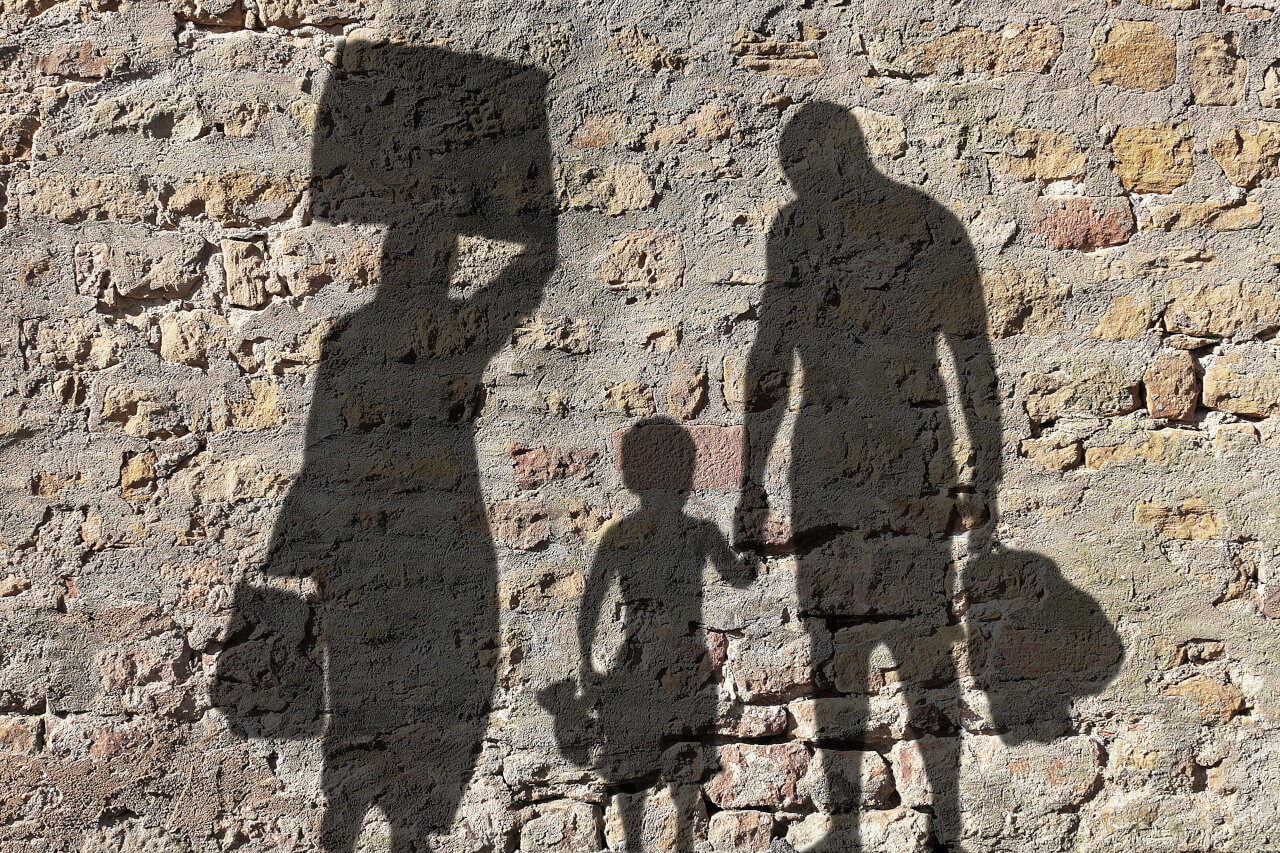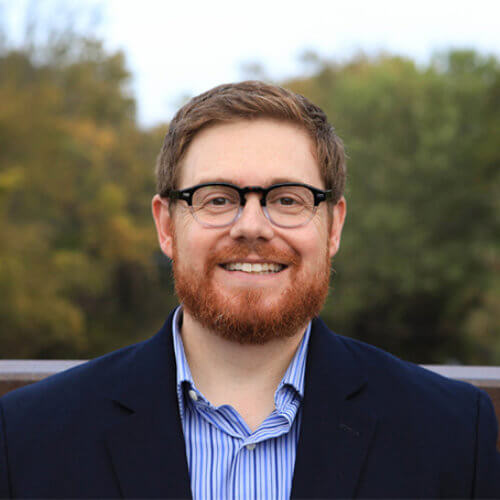What Syrian Refugees Can Teach Us About Hope

Remaining hopeful about the future helps us persist even when life has been turned upside down.
It’s common for people to think of “optimism” and “hope” as pretty interchangeable, I know I have at various points in my life. But I had been wrong in doing so, as there are some major differences that are helpful to understand when weathering life’s storms.
I’ll never forget a story told by my friend Roger Sandberg, who has led emergency relief operations for a variety of NGOs. He said that the two attributes he most often encounters among those displaced in conflict are “acceptance” and “hope.” While strange bedfellows at first blush, Roger names them as two sides of the same coin. Acceptance is the recognition that an external event—a war, an earthquake, a typhoon—has created a great loss. And hope is the confidence that, despite all outward signs that beg otherwise, things will one day be different than they are today.
Optimism is thinking that things will be okay in this life. Hope is knowing that even if things aren’t okay in this life that God will make them right in the next.
Henri Nouwen defines optimism and hope in this way: “Optimism and hope are radically different attitudes. Optimism is the expectation that things…will get better. Hope is trust that God will fulfill God’s promises to us in a way that leads us to true freedom. The optimist speaks about concrete changes in the future. The person of hope lives in the moment with the knowledge and trust that all of life is in good hands.”
Another way to say it would be that optimism, believing things will be okay in this life, is a finite perspective; on the other hand, hope, trusting that if not in this lifetime then in the next God will make things right, is an eternal perspective. Hope helps us find refuge in God and to rest in his reliable presence.
Many of the Syrian refugees Roger had met in settlements in Lebanon still carried their house keys in their pockets. For them, those keys symbolized a resilient hopefulness about the future. They didn’t hold onto their keys because they thought their homes would still be standing or because they thought life would return to the way it had been before the mortar rounds started falling. Rather, he writes that they carried their keys as “a constant reminder of hope: hope to return home, hope for their children, and hope for peace.”
His words echoed those of German theologian Jürgen Moltmann: “Genuine hope is not blind optimism. It is hope with open eyes, which sees the suffering and yet believes in the future.” Releasing blind optimism to which we are prone to cling helps us look toward the future with more open and hopeful eyes.
Remaining hopeful about the future helps us persist even when life has been turned upside down.
Portions of this piece were adapted from my latest book A Walking Disaster: What Surviving Katrina and Cancer Taught Me about Faith and Resilience (Templeton Press).
 About The Author
About The Author
Dr. Jamie Aten is the founder and executive director of the Humanitarian Disaster Institute and Blanchard Chair of Humanitarian & Disaster Leadership at Wheaton College in Wheaton, Illinois. His latest book is “A Walking Disaster: What Surviving Katrina and Cancer Taught Me About Faith and Resilience” (Templeton Press). In 2016 he received the FEMA Community Preparedness Champion award at the White House. Follow him on Twitter, Instagram or jamieaten.com.



